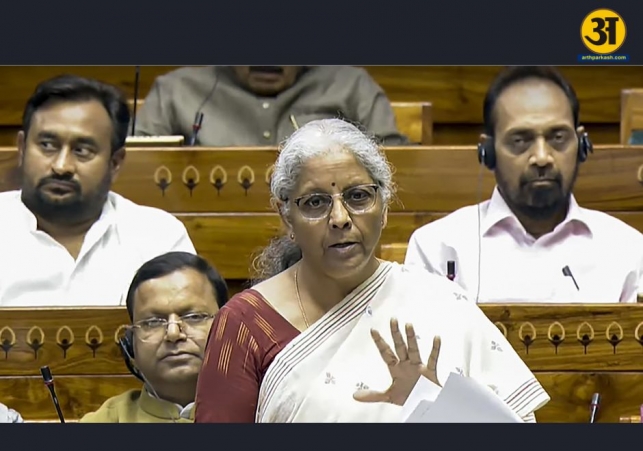
Nirmala Sitharaman: WhatsApp chats helped uncover ₹200 crore tax evasion
WhatsApp messages exposed ₹200 crore tax evasion, says Nirmala Sitharaman defending IT Bill
Union Finance Minister Nirmala Sitharaman defended the new Income Tax Bill, 2025, stating that digital records are essential for investigating tax fraud. She revealed that WhatsApp messages played a key role in uncovering ₹200 crore in unaccounted money linked to cryptocurrency. Similarly, encrypted messages on mobile phones helped expose ₹250 crore of hidden income.
Addressing the Lok Sabha during the Budget Session, Sitharaman emphasized that modern technology is being used to track financial crimes. She said that authorities have started using Google Maps history to find locations where cash is hidden. Instagram accounts have also been analyzed to trace ‘benami’ (illegal) property ownership.
Access to digital data for investigations
The Finance Minister explained that the new bill allows tax officials to access communication platforms such as emails, WhatsApp, and Telegram. They can also examine business software and servers that may be used to hide financial transactions. This move aims to bring tax enforcement up to date with digital advancements and ensure that virtual assets like cryptocurrencies are not overlooked.
The new law will help officials gather strong evidence for tax evasion cases. By accessing digital accounts, authorities can track hidden assets and prove financial fraud in court.
ALSO READ: All States and UT's told to prioritise wetland demarcation, says MOEFCC affidavit
ALSO READ: YouTube controversy: Comedian Samay Raina records statement with Maharashtra Cyber
New Income Tax Bill expands authority
The Income Tax Bill, 2025, was introduced in the Lok Sabha on February 13 to replace the old Income Tax Act of 1961. The bill simplifies legal language and removes outdated sections while retaining most original provisions. A major update is the inclusion of virtual digital assets, such as cryptocurrencies, under undisclosed income.
The bill also gives tax authorities more power during investigations. Officials can now search digital spaces like email servers, social media accounts, and online investment platforms. They can override security codes to inspect digital assets, ensuring that tax evasion through online methods is properly addressed.
The government’s focus on digital tracking is seen as a step towards stricter tax enforcement. However, concerns remain about privacy and the extent of digital surveillance.





